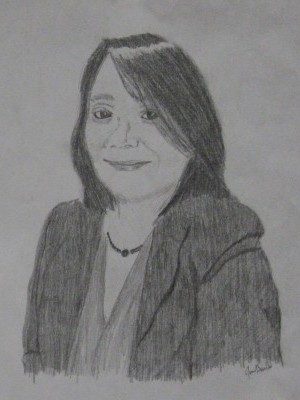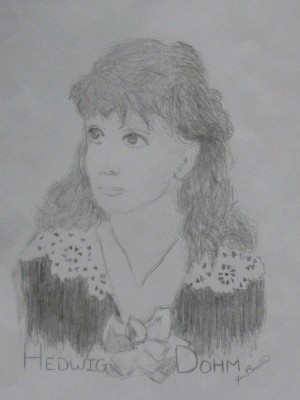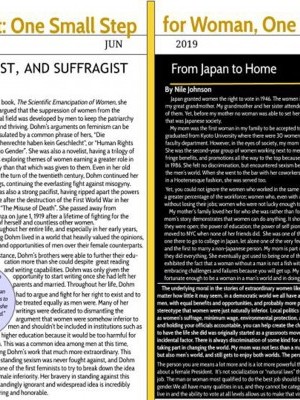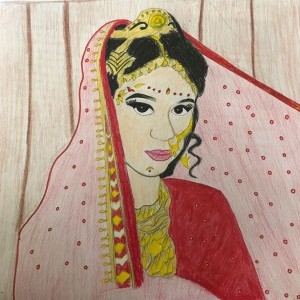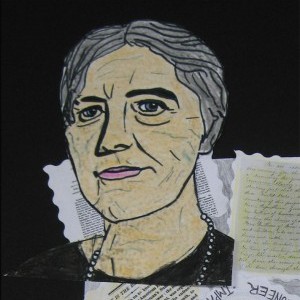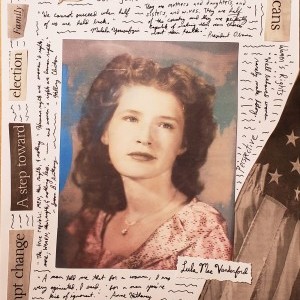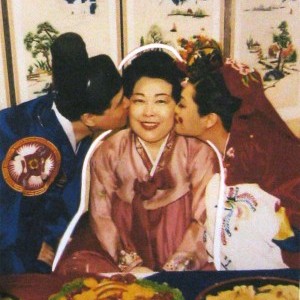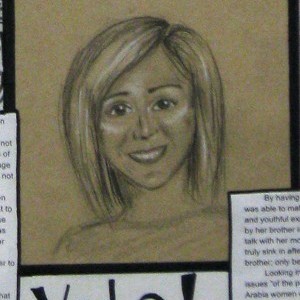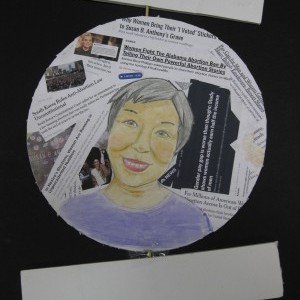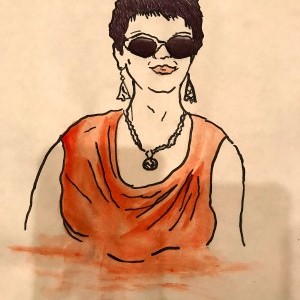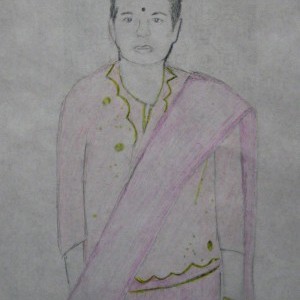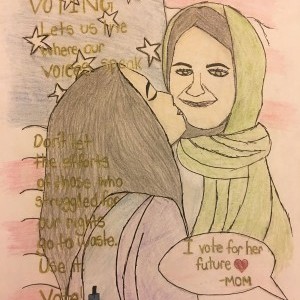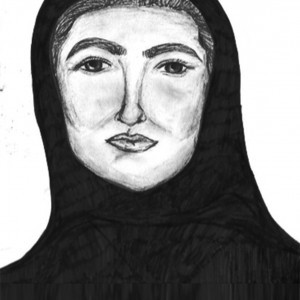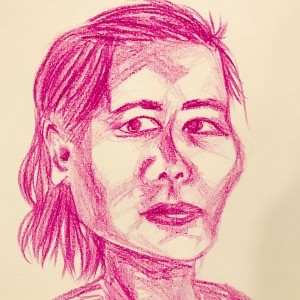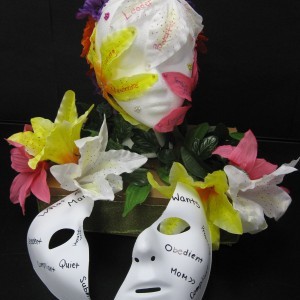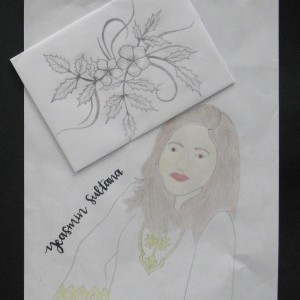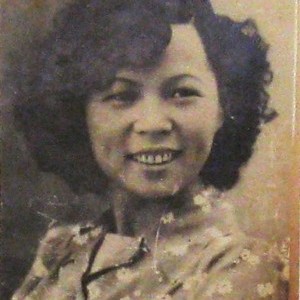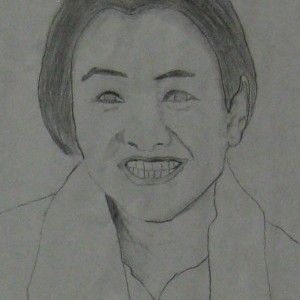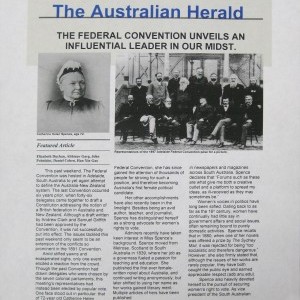Jason Bacalla, Isabelle Guillaume, James Hopkins & Nile Johnson
Townsend Harris High School | Flushing, NY | 11th Grade
Inspirational Family Member
My Mom, From Japan to Home
Japan granted women the right to vote in 1945. The women in my family have voted since my great-grandmother. My grandmother and her sister attended university. It was expected of them. Yet, before my mother, no woman was able to set herself apart from the patriarchy that was Japanese society.
My mom was the first woman in my family to be accepted to a top university. She graduated from Kyoto University where there were 10 women and 330 men in the law faculty department. However, in the eyes of society, my mom was able to become a man. She was the second-year group of women working next to men with equal treatment, pay, fringe benefits, and promotions all the way to the top because of the Equal Opportunity Law in 1986. She felt no discrimination, but encountered sexism because it was so embedded in the men’s world. When she went to the bar with her coworkers who were served by women, she felt it too.
Yet, you could not ignore the women who worked in the same room as my mother, women in a completely different track who composed a greater percentage of the workforce; women who even with university degrees, worked only for a few years and could not marry without losing their jobs; women who were not lucky enough to be a woman in a man’s world.
My mother’s family loved her for who she was rather than for what she did. In that sense, my mother’s story is not inspirational, but my mom’s story demonstrates that women can do anything. It shows the power of legislation that opened doors before my mother knew they were open; the power of education; the power of self-pioneering; the power of not following, and the power of practice. My mom moved to New York City when none of her friends did. She was one of the very few non-native acceptees to a specialized high school and the only one there to go to college in Japan, let alone one of the very to study abroad. She was the first in my family to be a Fulbright Scholar and the first to marry a non-Japanese person. My mom is part of the generation of women that believed that they could do anything and they did everything. She eventually got used to being one the few, letting it intrigue and empower her rather than concern her. She has exhibited the fact that as a woman without a man she is not a fish without water. Her story shows the importance of believing in yourself and embracing challenges and failures because you will get up. My mom did not face discrimination we associate with inspiration, she was fortunate enough to be a woman in a man’s world and in doing so, made equality a reality and not a concept.
Historical Figure I Admire
Hedwig Dohm
In 1831, Hedwig Schleh was born in Berlin, Germany, as the eleventh of eighteen children to an overworked mother who was always fearful of verbal and physical abuse. Schleh herself, also being fearfull of this kind of abuse at a very young age, often retreated into the comforts of reading and writing.
As she aged, Schleh became increasingly aware of her subordinate status in this world due to her sex, as her brothers could continue their education into their teen years while she couldn’t. This feeling of inferiority was accompanied by a desire to fight for the liberty of those who struggled for it, especially after witnessing a conflict between armed German forces and revolutionaries. At 22, Schleh married a talented and liberal journalist named Ernst Dohm, taking his name in the process. In doing this, her husband encouraged her to continue her literary work, as he appreciated and recognized her brilliance despite her role as a mother, providing for a stark contrast in her environments.
As a young girl, Dohm had to hide her reading and writing; as a wife, she was encouraged and valued for her work. As her children grew into adulthood, Dohm became free to pursue her talent more fully, publishing many political works, including What the Clergy Thinks About Women, in which Dohm passionately argued that granting women access to colleges and universities wouldn’t harm women, but nurture them. She also argued, rather radically for the time, that certain “natural laws” were constructs created by men to keep women in a subordinate role. In a later book, The Scientific Emancipation of Women, she again argued that the suppression of women from the medical field was developed by men to keep the patriarchy alive and thriving. Dohm’s arguments on feminism can be encapsulated by a common phrase of hers, “Die Menschenrechte haben kein Geschlecht”, or “Human Rights have no Gender”.
She was also a novelist, having a trilogy of novels exploring themes of women earning a greater role in society than that which was given to them. Even in her old age at the turn of the twentieth century, Dohm continued her writings, continuing the everlasting fight against misogyny. She was also a strong pacifist, having ripped apart the powers that be after the destruction of the First World War in her essay The Misuse of Death. She passed away from influenza on June 1, 1919, after a lifetime of fighting for the rights of herself and countless other women.
Throughout her entire life, and especially in her early years, Hedwig Dohm lived in a world that heavily valued the opinions, work and opportunities of men over their female counterparts. For instance, Dohm’s brothers were able to further their education more than she could despite great reading and writing capabilities. Dohm was only given the opportunity to start writing once she had left her parents and married. Throughout her life, Dohm had to argue and fight for her right to exist and to be treated equally as men were. Many of her writings were dedicated to dismantling the argument that women were somehow inferior to men and shouldn’t be included in institutions such as higher education because it would be too harmful for them. This was a common idea among men at this time, making Dohm’s work that much more extraordinary. This long-standing sexism was never fought against, and Dohm was one of the first feminists to try to break down the idea of female inferiority. Her bravery in standing against this oustandingly ignorant and widespread idea is incredibly inspiring and honorable.
What the Project Means to Me
The underlying moral in the stories of extraordinary women like Hedwig Dohm and my mother was to not knock politics. Policies change the world. No matter how little it may seem in a democratic world, we all have a say about our future. It’s the reason my mother got to be sogo-shoku and worked with men, with equal benefits and opportunities, and probably more perks because the was a woman. It’s the reason why Hedwig Dohm was able to fight the stereotype that women were just naturally inferior. Local politics have a long history of shaping change in our country from the ground up. Policies such as women’s suffrage, minimum wage, environmental protection, and marriage equality all began at the local and state level. By voting in local elections and holding your officials accountable, you can help create the change you want to see in our country.
The Equal Opportunity Act that allowed my mom to have the life she did was originally started as a grassroots movement. We all share the love of the challenge of creating a world where gender is an incidental factor. There is always discrimination of some kind for most of us if not all of us. We need to all welcome and appreciate, and actually love taking part in changing the world. My mom was not less than a man, but more so, because she was a woman. It is awesome how she works in the co-ed but also men’s world, and still gets to enjoy both worlds. The person that you are means a lot more and is a lot more powerful than your gender.
Explore the Archive
More From This Class
Click on the thumbnails below to view each student's work.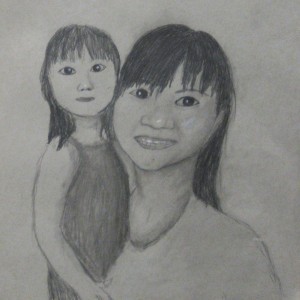
Vivian Chen, Josephine Chen, Ivan Chan, Zafirah Rahman, Neeharika Reddy, Daniel Shi, Daniel Shi, Jacqueline Cho & Osiris Guerrero
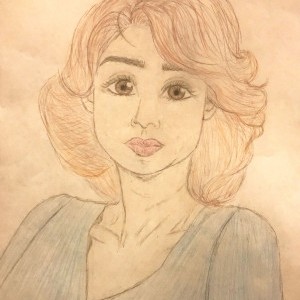
Jennifer Moran, Adebola Ademola, Julia Hong, Vicki Kanellopoulos, Inga Kulma, Maimunah Virk, Deborah Molina & Kailey Van
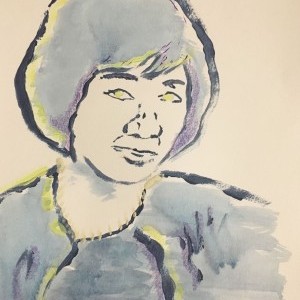
Kristina Chang, Sarah Chowdhury, Bethany Leung, Letian Fang, Cathy Choo, Kelly Chan, Emily Tan, Adamary Felipe & Kenney Son

